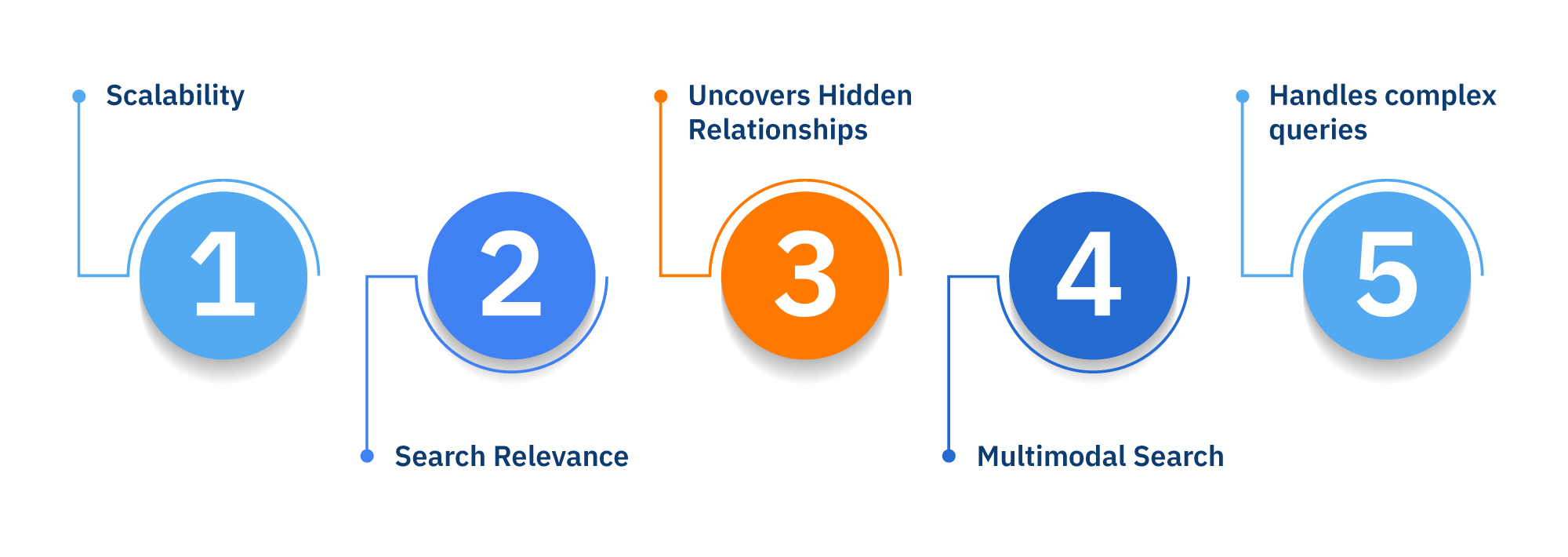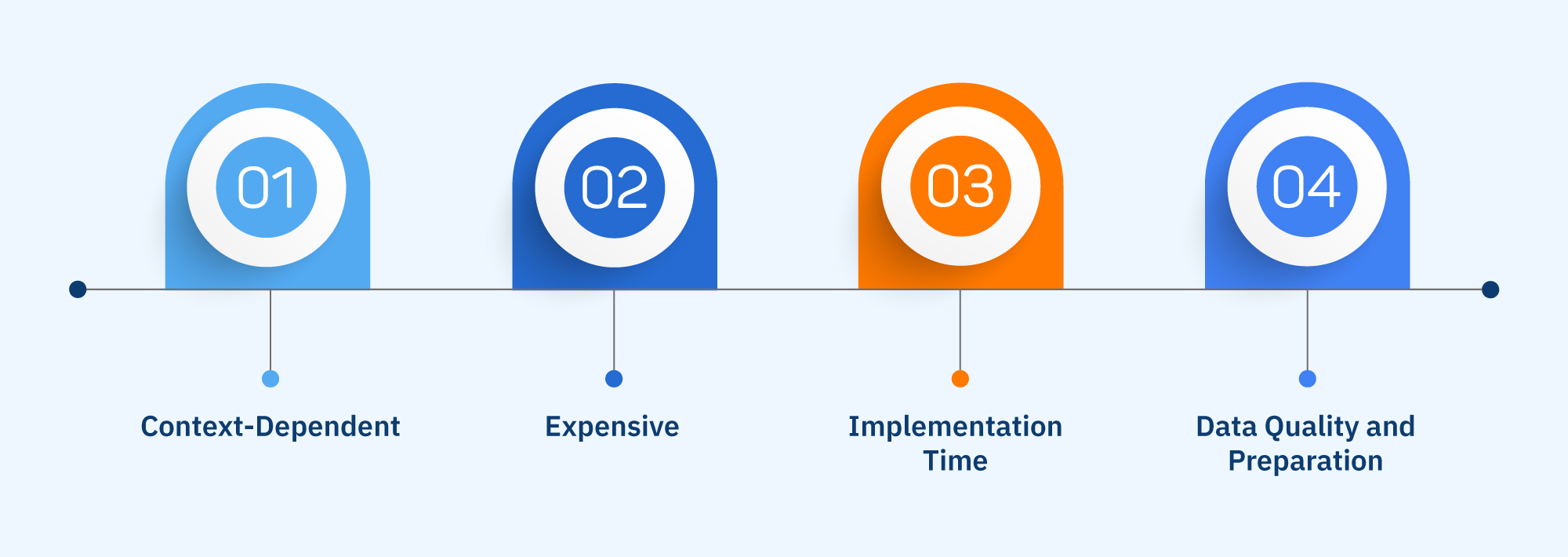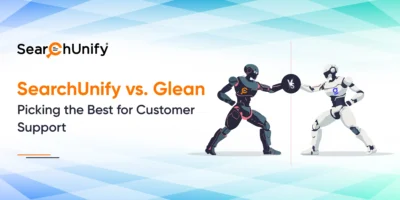
Vector search has emerged as a game-changing approach, transforming how we search and access information. Earlier, information retrieval entirely relied on keyword search systems and did not leverage any AI technologies.
Imagine a scenario where a user knows the context but doesn’t remember the exact keywords to find the information. Unfortunately, traditional keyword search is confined to exact keyword matching and fails to provide relevant results based on context alone.
It can’t match synonyms, decipher the meaning and intent behind a query, or help with search relevance. That’s frustrating, right?
Fret not! Vector search addresses all these shortcomings and delivers relevant and contextually accurate results based on the user’s query intent.
If you’re wondering what vector search is and why it matters, your quest ends here. This blog has covered everything about vector search, including its key insights, benefits, and limitations.
So, let’s dive in!
What is Vector Search?
Vector Search leverages machine learning techniques, such as the ANN (approximate nearest neighbor) algorithm, to locate, match, and retrieve similar information in unstructured data.
Put simply, it uses a method to turn words, phrases, or even entire documents into vectors (numerical representations) to capture the semantic meaning of the data. This procedure is often called vector embedding.
However, the collection of vectors, when viewed as a whole, forms what is known as a vector space, which is essentially a numerical map that represents the semantic relationships between the data points.
Why Use Vector Search?
Here are the following benefits of vector search:

Scalability: Vector search effortlessly deals with massive unstructured datasets. This capability makes it ideal for big data applications such as data analytics platforms, business intelligence tools, etc.
Search Relevance: Vector search comprehends the query’s meaning and context, providing more accurate and relevant results.
Uncovers Hidden Relationships: Vector search can measure the semantic distance between unstructured data pieces and uncover hidden connections.
Multimodal Search: Vector search is not limited to text only; it can also search across different types of data, such as words, images, queries, etc.
Handles complex queries: Vector search excels at handling complex queries. In contrast to traditional search, it understands the semantic meaning of words, providing contextually accurate results.
Suppose a customer asks, “Why haven’t I received my order yet?” Vector search can decipher the query’s intent and offer articles on order-delay reasons, shipping time, or customer contact information. It works beyond exact keyword matching. Sounds cool, right?
Boost search accuracy with AI-powered Vector search!
Learn moreWhy Is Vector Search More Relevant for Unstructured Content?
Let’s consider a postal address.
32, My Street, Kingston, New York 12401
This postal address has information like a house number, street name, state, and zip code. It provided information about where the person lives. The complete address connects all the address parts together to pinpoint the location.
Just like a postal address is considered a unique identifier of location, you can create a “vector” for a textual concept or phrase to search for a similar sort of address.
For instance, you search for “good food places in New York.” Vector search converts it into vectors, such as < 141 2 89 15 >. Each number represents a word for the search query in this vector representation.
Additionally, postal addresses allow you to locate a specific place on a map. At the same time, vectors enable you to search for related information within a numerical map, or, you can say, vector space or other unstructured content.
Vector search is an intelligent way to find closely related information based on the meaning and context of the query, not just the exact matches. It gauges the semantic distance between pieces of unstructured data, ensuring contextually correct results.
For instance, “self-service” and “case deflection” are semantically closer than “self-service ” and “desktop.”
Beyond the Hype: Vector Search Limitations
Every rose has its thorns, and just like that, vector search has some limitations too that you shouldn’t overlook.

Context-Dependent
Vector search entirely relies on semantic and syntactic relationships between the vectors. It is usually beneficial for finding answers based on context, but it might struggle with exact keyword matching.
Imagine a customer who searches for a product using a vector search. This intelligent search can suggest a similar product based on color, style, or size. However, it might not be effective when it comes to finding a product with a particular ID or color code.
Expensive
Is vector search expensive? Let us break the ice for you if this question strikes your mind. Implementing vector search is quite costly. You may ask how.
We know that vector search requires more technical and computational resources to handle complex mathematical operations. Therefore, storing and querying high-dimensional vectors can cost a fortune.
Implementation Time
Deploying vector search requires expertise in various areas, such as data engineering, machine learning, and more. Additionally, it involves steps like data preprocessing, vectorization, indexing, and query optimization, which can take months or even years of development and fine-tuning.
Data Quality and Preparation
Data quality depends on vector size. If the vector size is small, there is a higher chance of data loss. Furthermore, the vector size relies on the models working in the backend. The ideal vector size is 512, but sizes above and below are also available.
If you increase the vector size, it will directly impact the vector calculation cost. So, you must choose a vector size based on the cost you can afford without compromising data quality.
Unlock a World of Relevant Information: Personalized Search Made Easy
Vector search can be your best search companion if you’re looking for only contextually relevant results. However, a vector search might fall short of matching exact keywords.
If you want a search that understands context as well as keyword matching, look no further. Hybrid Search is a good-to-go solution for you.
Remember, your search is your success. So, invest time in selecting the right search solution for your business needs and elevating your search experience.
If you’re eager to see how this advanced technology can transform your search experience, request a demo now!














